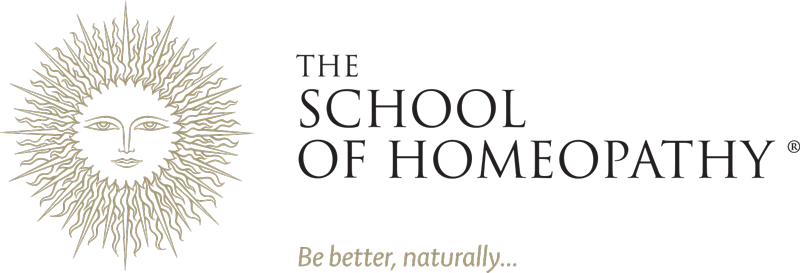Primarily associated with physical symptoms related to trauma, bruises, and muscular soreness.
1. Key Characteristics
Bellis perennis is often indicated for individuals who have experienced physical trauma or injuries, particularly to soft tissues. They may have a tendency to be emotionally reserved, gentle, and nurturing. Bellis individuals may exhibit a stoic nature and a desire to help and care for others.
2. Physical Symptoms
Bellis perennis is commonly used for conditions associated with bruises, contusions, and injuries to deeper tissues. It is also employed for ailments related to muscular soreness, sprains, strains, and post-surgical recovery. Bellis can be beneficial for symptoms characterized by dull, aching pains, soreness, and stiffness in the affected areas.
3. Emotional and Mental Aspects
Bellis perennis individuals may be emotionally reserved and may tend to put others’ needs before their own. They may have a nurturing and caring nature, often assuming the role of a caregiver or healer. Bellis individuals may also exhibit a quiet strength and a sense of resilience.
4. Aggravations and Ameliorations
Symptoms associated with Bellis perennis may worsen with movement, exertion or pressure on the affected area. They may feel better with rest, gentle support and warmth.
5. Modalities
Symptoms may exhibit a specific pattern, such as worsening with damp weather or with changes in temperature. There may be a desire for moderate exercise and gentle movement to alleviate stiffness and soreness.
Key rubrics
1. Physical trauma, bruises and injuries to soft tissues.
2. Muscular soreness, sprains, strains and post-surgical recovery.
3. Dull, aching pains, soreness and stiffness.
4. Emotionally reserved, gentle and nurturing nature.
5. Aggravation with movement and pressure, amelioration with rest and warmth.
Please note that this is a general overview and it is important to consult a qualified homeopathic practitioner for an individualised assessment and appropriate remedy selection. They will consider the complete symptom picture, medical history and other factors to provide the most suitable treatment approach.

